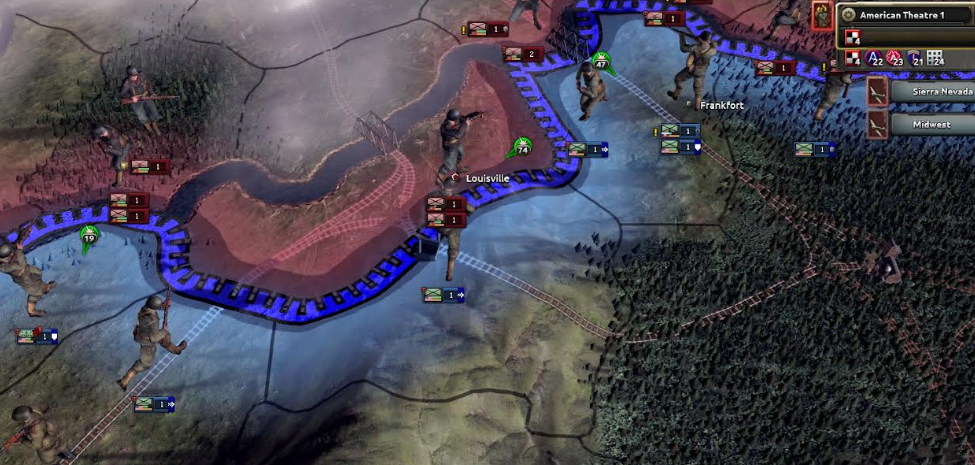That is quite the inner circle, but if Eisenhower is the Antony, then young Douglas is the Octavian... (Who could be Lepidus?)
And who sides with who in the inevitable conflict once old Douglas dies? And who is the Cleopatra? (Mexico? Canada?)
And who sides with who in the inevitable conflict once old Douglas dies? And who is the Cleopatra? (Mexico? Canada?)



































